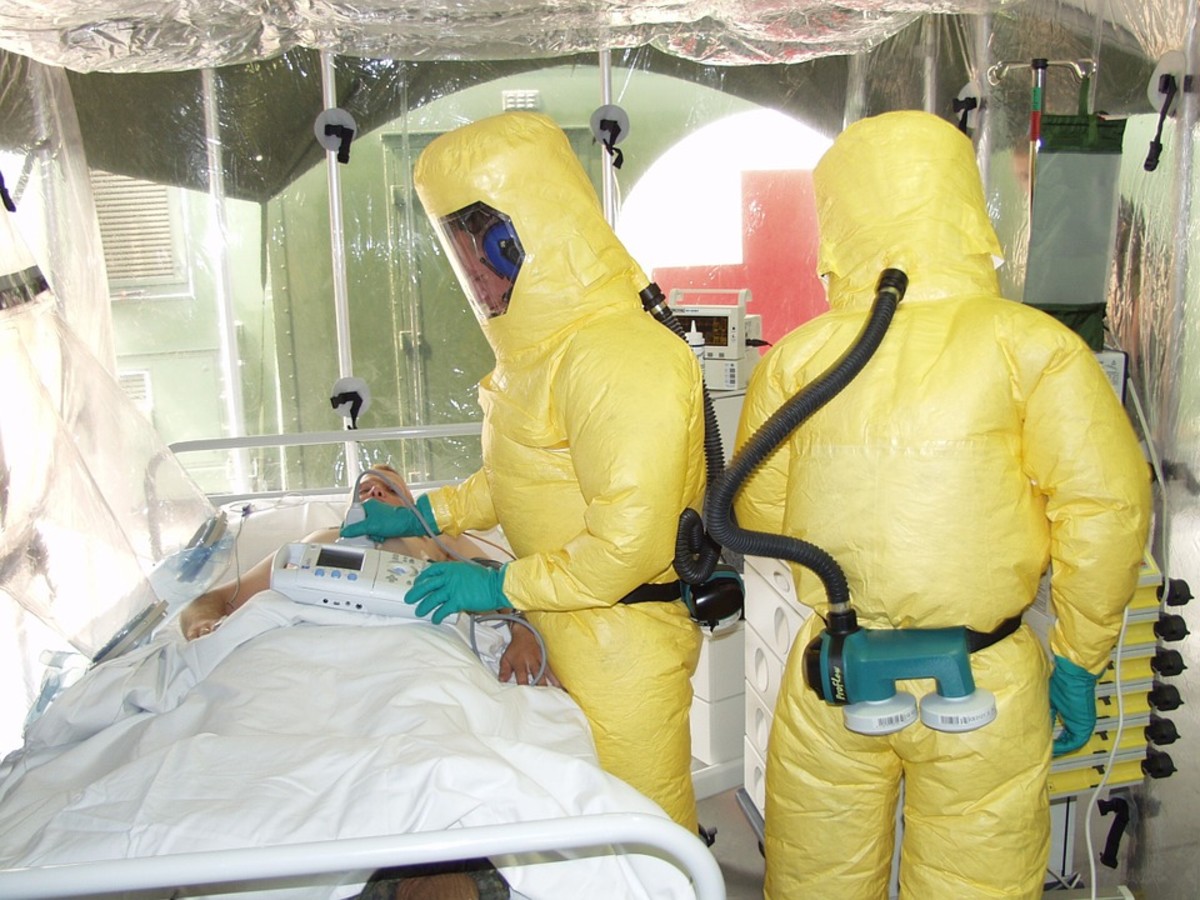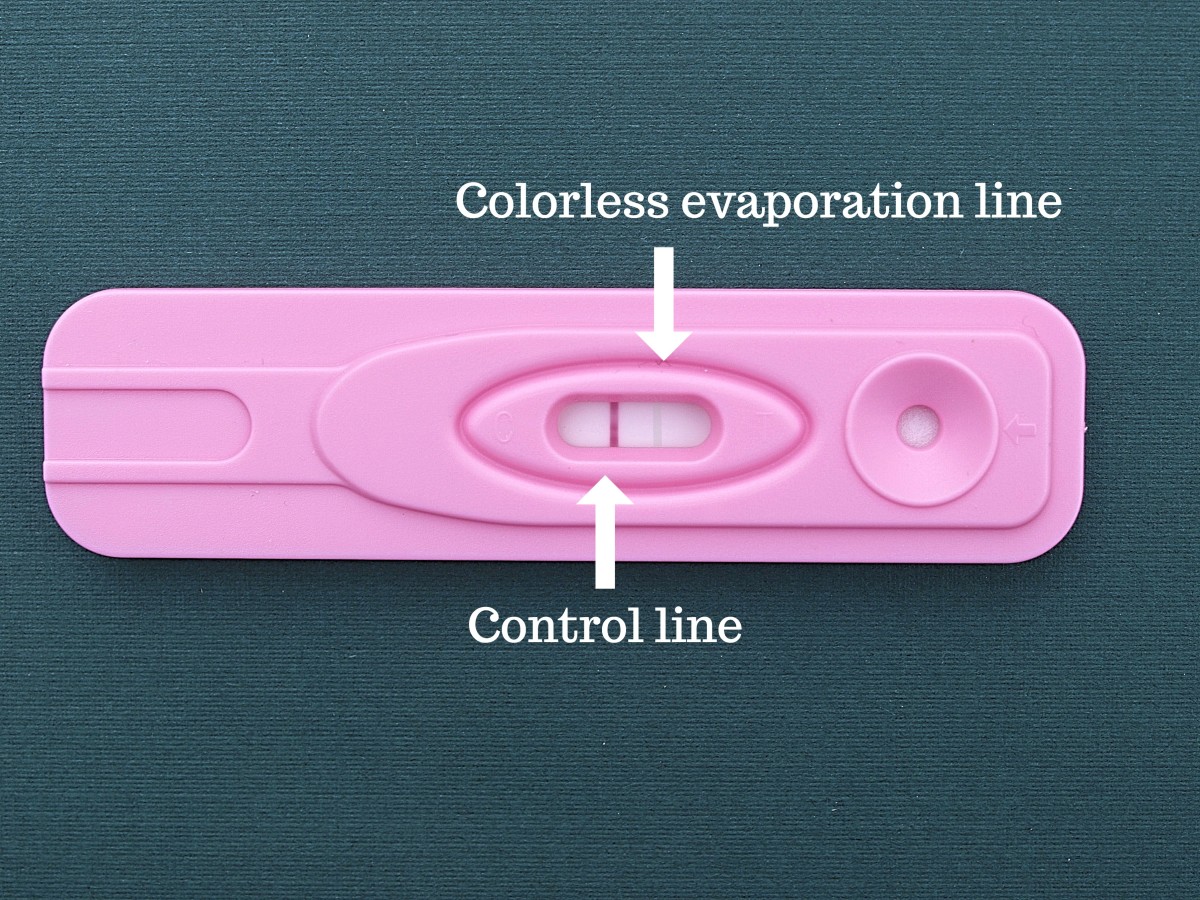- HubPages»
- Health»
- Women's Health»
- Pregnancy
What Is Group B Strep?
GBS or Group B Strep (streptococcus) is a very common bacteria carried by about 25% of pregnant women. This bacteria can grow in a woman's vagina, rectum or urinary tract. It is NOT a sexually transmitted disease, and often has no symptoms. GBS causes no problems in adults but can potentially be fatal for newborns. This bacteria can be transmitted once a mothers bag of water breaks or during vaginal delivery, but not during cesarean section. Having Group B Strep is not an indication for cesarean.
How is Group B Strep Transmitted?
The amniotic sac is a protective barrier, keeping the bacteria found in a woman's vagina, away from her unborn baby. When the amniotic sac breaks, the barrier is broken and the bacteria can now travel into the uterus and reach the baby. Another mode of transmission is when the baby passes through the birth canal of a colonized mother, coming in direct contact with the bacteria, during vaginal delivery. Babies can also rarely come in contact and be infected after delivery. This mode of transmission is not fully understood. Speculation exists that the baby may be exposed by bacteria that remains on the hands of healthcare workers or in situations where suctioning or resuscitation measures are needed. GBS is not transmitted through breast milk.
Testing for Group B Strep:
All pregnant women should be tested for GBS between their 35-37th week of pregnancy. If you go into the hospital with preterm labor, and preterm delivery is suspected, GBS testing may be done. This is not always the case because women in preterm labor are often given prophylactic antibiotics, which would treat GBS and other bacterial infections which can contribute to preterm labor. Testing for GBS is done with a painless swab of the vagina and rectum. It does take a couple of days to get the results.
Treatment for Group B Strep:
Just because you are infected, or colonized with Group B Strep bacteria does not mean that your baby will become infected. It is estimated that about 1 out of every 200 babies of low risk untreated mothers, and only 1 out of every 4,000 babies of treated mothers become infected. Certain factors increase the risk of transmission of GBS to your baby and as many as 1 out of every 25 babies of high risk untreated mothers become infected. These risk factors include:
- Labor or rupture of membrane before 37 weeks
- Rupture of membrane 18 hours or more before delivery
- Fever during labor
- A urinary tract infection as a result of GBS during your pregnancy
- A previous baby with GBS disease
(2011, http://www.americanpregnancy.org/pregnancycomplications/groupbstrepinfection.html)
To be considered having adequate treatment, thus reducing your risk of transmitting Group B Strep to your baby, 4 hours of penicillin, ampicillin or cefazolin must be completed prior to delivery. This is the recommendation of The Center for Disease Control and Prevention, and is supported by the American Academy of Pediatrics and the American College of Obstetrics and Gynecology. Judging when delivery is within 4 hours is not an easy thing, so what you can expect to take place at your delivery facility is the initiation of the first dose of intravenous antibiotics when labor begins or as soon as your bag of water breaks. Antibiotic doses will be repeated every 4 hours to keep the amount of this bacteria down, in preparation of birth. Oral antibiotics are not considered to be effective treatment.
- Group B Strep Infection: GBS : American Pregnancy Association
Group B streptococcus (GBS) is a type of bacterial infection that can be passed to a baby during delivery. - GBS Information
- CDC - About GBS in Newborns and Pregnant Women - Group B Strep
Group B Strep - About GBS in Newborns and Pregnant Women - peaceful parenting: GBS (Group B Strep): Midwifery & Homebirth Options
Group B Strep Infection in Newborns:
Group B Strep infection can have an early onset (within the first week of delivery) or a late onset (from one week to 3 months of age). This bacteria can effect you baby's blood, lungs, brain or spinal fluid causing inflammation. Long term effects include blindness, deafness, developmental disabilities, or cerebral palsy. Infection can rarely result in death.
When to Call Your Baby's Provider:
- If your baby has a temperature greater than 100.4 (38.0) or lower than 97.0 (36.1)
- If your baby is refusing to feed
- If your baby is irritable and not able to be consoled
- If your baby is lethargic or so sleepy it is very difficult to wake
- If your baby is pale, especially around the lips
- If your baby is having any difficulty breathing
Just remember... Prevention is key. No there is not a vaccination or a treatment method that is 100% effective. Your unborn child is most precious and I am sure that you would do any and everything to protect your child. Group B Strep infection is serious and can cause your baby unnecessary pain and suffering. Please take this seriously. Get tested and, if positive, discuss your options with your provider. They say "Hindsight is 20/20", do you want to risk being the untreated mother who ends up with the 1 infected newborn out of every 25 babies?








